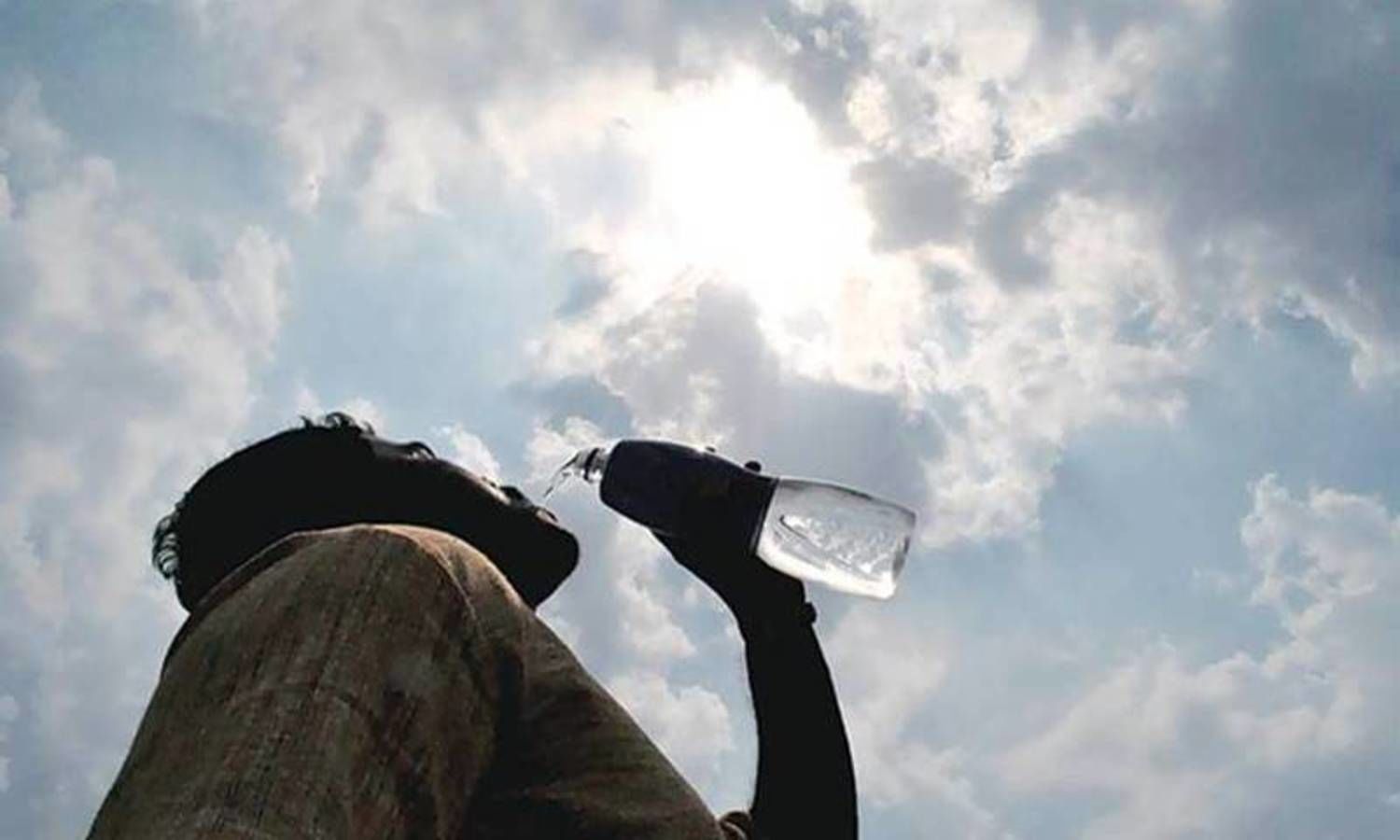Increasing heat, humidity will trigger $1.6 trillion labour loss annually: Study
Situation will be most dire for India, which is already showing the largest heat exposure impacts on heavy labour, study finds
By Editorial Team / Dec 15, 2021

Photo: The News Minute
Rising temperatures across the globe are going to lead to major economic labour losses, a new study found. This is primarily because as time goes on and heat and humidity rises, there will be a lack of options to move outdoor labour to cooler hours.
The study, led by researchers from Duke University, estimated the economic loss because of this lost productivity could add up to $1.6 trillion annually if warming levels breach the 2°C limit. The world currently loses ~$280-311 billion per year due to heat exposure for workers.
India tops the list
According to the researchers, the workers who will be most impacted by this trend will be mostly from countries that are not even responsible for the bulk of the greenhouse gas emissions. The study pinpointed tropical and subtropical regions, particularly in Asia, the Middle East, Africa and the western Pacific, will be the worst impacted, both in the coolest hours and in the full workday. India showed the largest heat exposure impacts on heavy labour (>101 billion hours lost/year) currently, despite its modest average per-capita labour losses (162 lost hours/person/year). And this will only get worse for the country as temperatures rise.
“Many workers in the tropics are already stopping work in the afternoon because it’s too hot,” said Luke Parsons, a climate researcher at Duke’s Nicholas School of the Environment, who led the study. “Luckily, about 30% of this lost labour can still be recovered by moving it to the early morning. But with each additional degree of global warming, workers’ ability to adapt this way will swiftly decrease as even the coolest hours of the day quickly become too hot for continuous outdoor labour.”
According to the study, labour employed for agricultural and construction work will find it impossible to work during the afternoon, especially in the summer, on most days. In a 2°C scenario, labour losses in the coolest half of the day will exceed current losses in the hottest half, Parsons said. The paper focuses only on heavy labour sectors such as agro-forestry and construction as these account for the largest fraction of labour loss, while also acknowledging the possibility of impacts of heat exposure on light and medium sector workers as well.
The way forward
Moving heavy work from the hot hours to cooler ones is already starting to happen. This can currently recoup about 30% of productivity losses globally.
Researchers used a metric called the simplified Wet Bulb Global
Temperature (sWBGT) to estimate the combined heat and humidity exposure
in different parts of the world. The losses in heavy labour were then
calculated using hourly values of the sWBGT and applied to ILO workforce
estimates for aggregated values of labour productivity losses.
“Our analysis shows that if we limit warming to within another degree of current levels, we can still avoid most worker productivity losses by moving heavy labour to the early morning hours. But if warming exceeds 1oC, that becomes much more difficult. It’s a sliding curve, it gets exponentially worse as the temperature rises,” Parsons said.
risksheatwavelivelihoods

